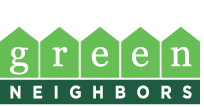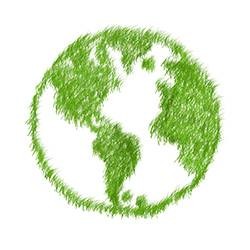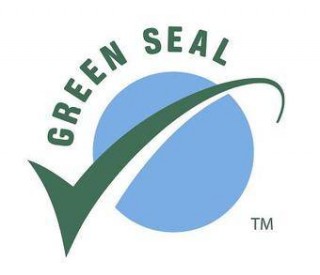Green Blog
Why Green Isn't Always Good
"Greenwashing"– Green doesn't always mean good
It turns out that putting the color and words "green" onto a product does not mean that it is actually good for the environment (shocking, I know). People are catching on, and have given this scheme the title "greenwashing." Greenwashing delegitimizes the goods that are truly healthier for the environment, and causes confusion and frustration among consumers who are just trying to do their part for the planet.
The question is, how do we do our part without falling prey to the greenwashers?
What does greenwashing look like?
The most commonly greenwashed items are household cleaners, hygiene products, cars and food. Advertisers try to use subtle ways to suggest these products are environmentally friendly when they are not. They use the color green, pictures of plants or cute animals, and trigger words that make us think of the environment: natural, eco, green, bio-based, toxin-free, recyclable, etc.
What they don't want you to know is that these words and colors don't mean anything without context, and regulations aren't preventing companies from using them. It is up to us to look beyond these taglines and evaluate the actual product.
Dig deeper
When you're looking at a product, is the "green" message vague? What are the details? Is there evidence for their claims? What does the label actually mean? A lot of the answers we seek are available at the tips of our fingers – when in doubt at the store, your phone can be a good resource to read product reviews and get a sense of the company's reputation.
Choosing the right products comes down to being thoughtful. Do your research. Read ingredient labels, understand which chemicals are harmful and which are not, and think logically about the lifecycle of a product. How was it made? Will this product last a long time? Will this be safe to use? Do I need it?
Since cleaning supplies are frequently greenwashed, the creative Green Neighbor can avoid the confusion by making green cleaning supplies at home. Try these DIY green cleaning recipes, or attend a Clark County Master Composter Recycler workshop to get started.
What about certification labels?
Certification labels can be helpful when making purchasing decisions, but beware of dishonest certifications. Don't let one label make your decision for you. In general, labels managed by government and non-profit groups can be more trustworthy than private, for-profit labels. Here are some labels we trust at Green Neighbors:
EnergyStar (appliances, electronics)
EPA Safer Choice (cleaners)
EPEAT (electronics)
Green Seal (cleaners, hygiene, paper, construction)
EPA WaterSense (water efficiency)
Conclusion
Above all, don't let greenwashing discourage you from helping the planet. There are products out there that are good for the environment, and by saying no to items with false green claims, individuals can have a big impact.
Don't forget that the team here at Green Neighbors has your back! We've got the tools you need to live that green life.
Related Articles: Thoughtful consumption




